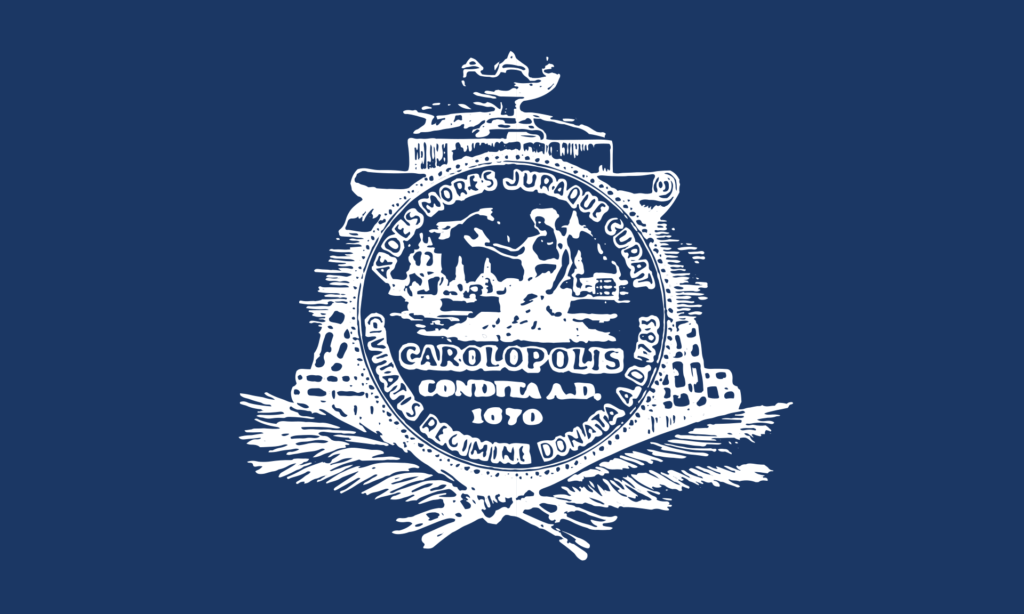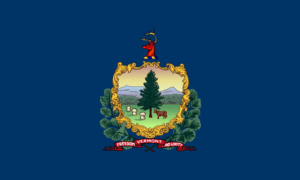Start your adventure by exploring the city’s rich history at the many museums, like the Charleston Museum, America’s first museum, or the Aiken-Rhett House, a preserved antebellum mansion that offers a glimpse into the city’s past. If you’re in the mood for something more active, a boat tour around Charleston’s stunning harbor is a must.
You’ll get to see Fort Sumter, the site where the first shots of the Civil War were fired, and enjoy breathtaking views of the city from the water. For beach lovers, Charleston doesn’t disappoint. Head to Sullivan’s Island or Folly Beach to soak up the sun, surf, or simply relax by the ocean.
Charleston also has a reputation for being a haunted city. Why not take a haunted horse and carriage tour?
It’s a fun and slightly spooky way to learn about Charleston’s ghostly past. And when the day is done, treat yourself to some of Charleston’s famous cuisine, from fresh seafood to classic Southern dishes.
Moving to Charleston means you’ll never run out of things to do, for sure!
Explore at The Battery, a scenic promenade that offers stunning views of the harbor and a walk through history with its grand antebellum homes.
Hop on one of Charleston’s famous boat tours to see the city from the water.
Visit Fort Sumter National Monument, where the first shots of the Civil War were fired.
If you’re a nature lover, Angel Oak on Johns Island is a must-see. This ancient tree, estimated to be over 400 years old, is a breathtaking sight and a perfect spot for a peaceful afternoon.
For a dose of Charleston’s rich history, visit Drayton Hall, an impeccably preserved plantation house, or explore the city’s vibrant past at The Charleston Museum, America’s first museum.
Don’t forget to check out Sullivan’s Island and Folly Beach for a day of sun, sand, and sea—perfect for unwinding after a busy week.
Downtown Charleston is the heart and soul of the city. You can start your day with a stroll down the cobblestone streets, where you’ll find a blend of historic charm and modern vibrancy.











